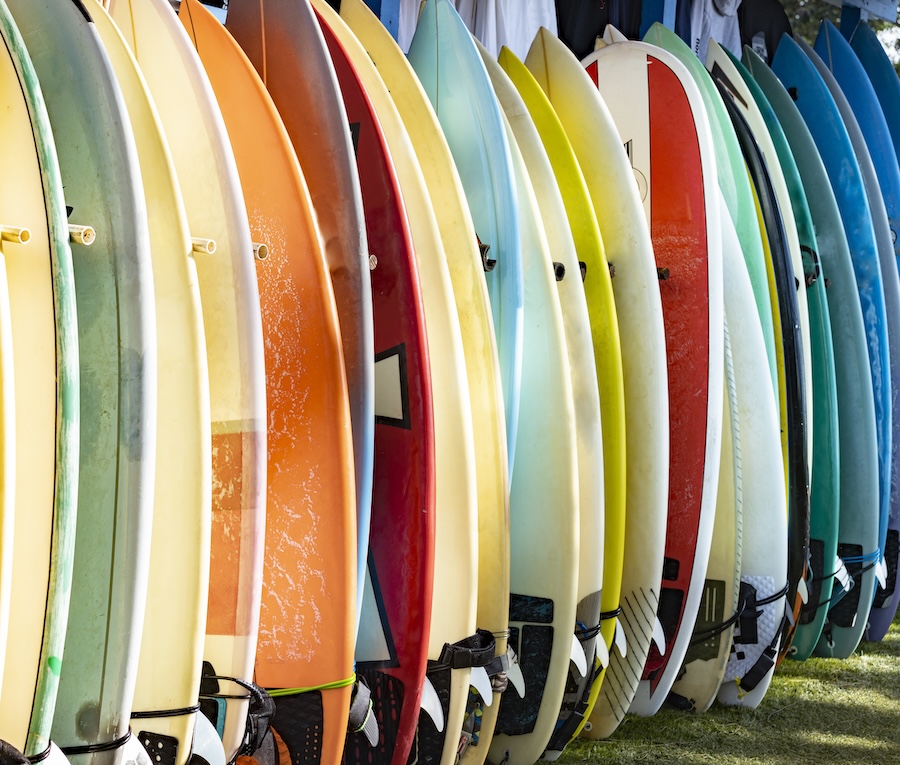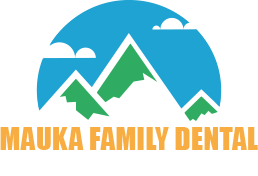
Common Dental Injuries in Surfing
March 24, 2025 9:00 am |Surfing is more than a sport—it’s a way of life. But even paradise has its risks, especially when it comes to dental health. Wipeouts, boards, and unexpected collisions can turn an epic session into an emergency trip to the dentist. If you’re paddling out regularly, understanding the link between surfing and dental injuries can help you protect your smile—and know what to do if things go sideways.
Knocked-Out Teeth (Avulsion)
When a tooth is knocked out during a wipeout, it’s a true dental emergency. Surfboards, rocks, or another surfer can all deliver enough force to dislodge a tooth completely.
If the tooth can be found and is still intact, gently rinse it with clean water. Do not scrub it or touch the root. If possible, place the tooth back in the socket and hold it in place while heading to the dentist.
If reinsertion isn’t an option, store the tooth in milk, saline, or your own saliva to keep the cells alive. Time is critical—ideally, you should get to a dentist within 30 minutes to an hour.
In many cases, especially in open water, the tooth may be lost to the ocean or accidentally swallowed. Unfortunately, that means replacement options like a bridge or implant may be necessary down the line.
Chipped or Fractured Teeth
A surfboard fin, elbow, or a face-first tumble can easily chip a tooth. Sometimes it’s just cosmetic, other times it exposes nerves and causes pain. Minor chips might be fixable with bonding, while bigger breaks could require a crown.
Jaw Injuries and TMJ Pain
A board to the jaw or hard slam into the water can leave your jaw feeling off. Pain when opening your mouth, a clicking sound, or tension around your ears may point to TMJ issues.
Chronic jaw clenching (common in cold surf or while holding your breath) can make things worse over time.
Board-to-Mouth Injuries
A rogue board during a wipeout can deliver a direct hit to the mouth. Broken braces, cut lips, and cracked front teeth are common when the nose of a board makes contact.
Oral Lacerations: Cuts, Gashes, and Split Lips
Collisions in the water don’t just damage teeth—they can slice into soft tissues too. Board noses, fins, stray elbows, and rocky shore breaks can lead to bloody, painful injuries.
Lacerations inside the mouth, on the gums, lips, or tongue can bleed heavily and may require stitches, especially if they’re deep or won’t stop bleeding.
Even minor cuts can get infected in ocean water, so keeping an eye on healing is important. Saltwater has some cleansing properties, but it’s not a substitute for proper medical or dental care.
Mouthguards: Your Best Defense
Most surfers don’t think twice about a leash or wax—but mouthguards? Not as common, and that’s a problem.
Custom mouthguards can help protect your teeth, jaw, and tongue from injury during falls or unexpected impact. They’re lightweight, fit snugly, and don’t interfere with your breath or balance.
Especially if you’re surfing reef breaks, crowded lineups, or just going all-in on every wave, a mouthguard is a smart move (consider a mouthguard strap for added security!).
Smile-Saving Care at Mauka Family Dental in Mililani, HI
Whether you’re paddling out at dawn or catching your first wave of the season, surfing comes with its share of dental risks. At Mauka Family Dental, Dr. Ji Kim and Dr. James Wee have helped plenty of surfers bounce back from surfing injuries.
Whether you’ve chipped a tooth in a wipeout or want to protect your smile with a custom mouthguard before your next surf trip, we’ve got your back (and your bite).
Don’t let one rogue board take your smile out of the lineup. Surf smart, wear a mouthguard, and if the ocean gets the best of you—we’ll be here to help you bounce back.
Categorised in: Dental Tips
